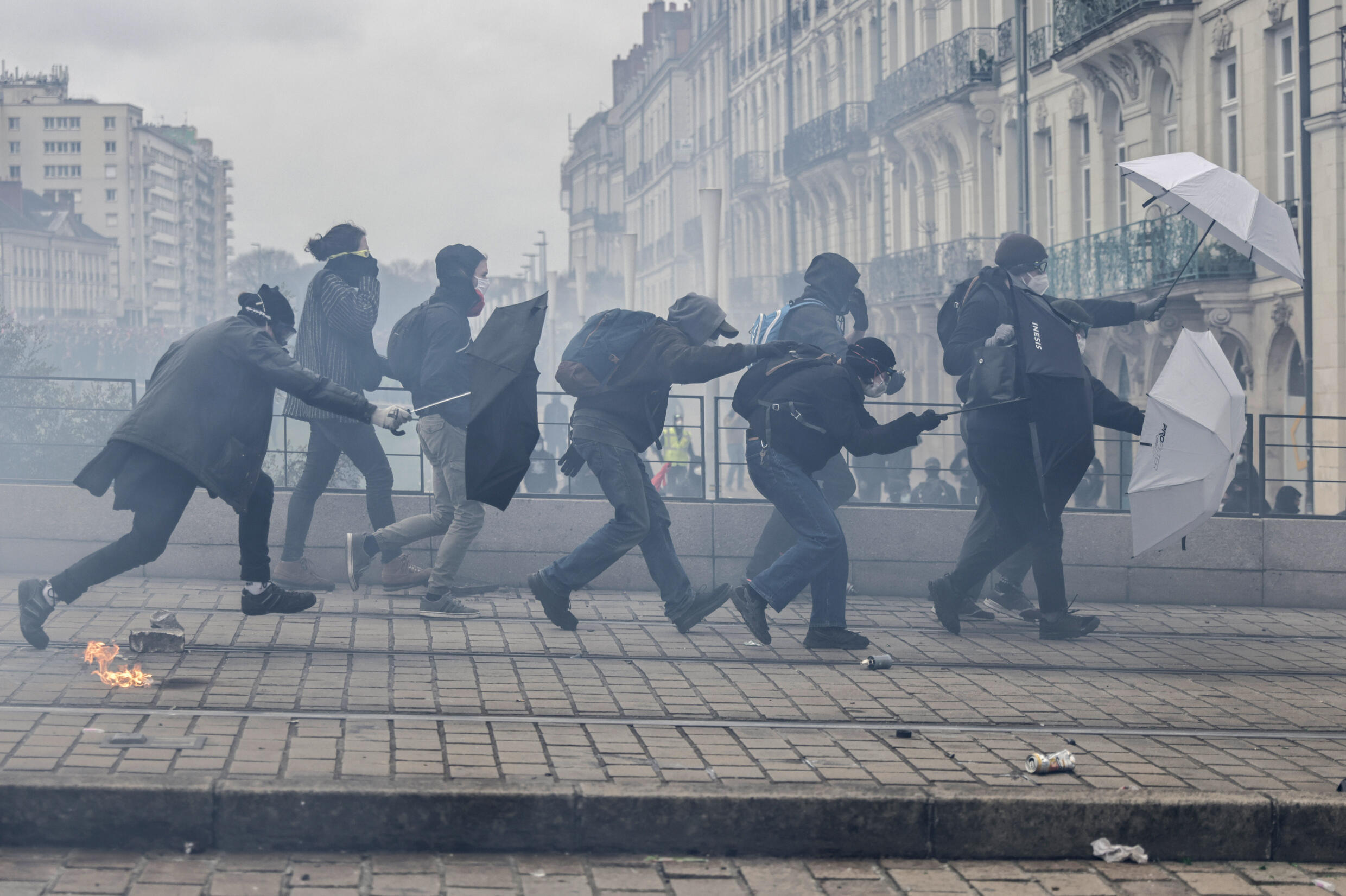Pakistan on Thursday used killer drones and rockets to carry out “precision military strikes” against what it called “terrorist hideouts” in Iran’s Siestan-Balochistan province, killing 9 people, a day after Islamabad recalled its ambassador from Tehran in the wake of Iranian missile and drone strikes in Balochistan.
“This morning Pakistan undertook a series of highly coordinated and specifically targeted precision military strikes against terrorist hideouts in Siestan-o-Baluchistan province of Iran,” the Foreign Office said in a statement on Thursday morning.
ALSO READ | Why did Iran carry out strikes in three countries?
It said a number of terrorists were killed during the intelligence-based operation — codenamed Marg Bar Sarmachar (Death to Sarmachar). In Persian, marg bar means “death to” while Sarmachar means guerrilla in the Baloch language.
The precision strikes were carried out using killer drones, rockets, loitering munitions and stand-off weapons, according to a statement issued by the Inter-Services Public Relations (ISPR), the Pakistan military’s media wing.
It said that “hideouts used by terrorist organisations namely Balochistan Liberation Army (BLA) and Balochistan Liberation Front (BLF) were successfully struck.” The two groups have carried out several deadly attacks in Pakistan in the past.
Iranian Foreign Ministry spokesman Nasser Kan’ani condemned the attack and said that the Pakistani chargé d’affaires was summoned by the Ministry to convey Tehran’s protest to Islamabad and provide an explanation about the attack, Iran’s state-run Press TV reported.
Quoting Deputy Governor of the Province Alireza Marhamati, official news agency IRNA said that nine non-Iranian nationals — two men, three women and four children — were killed in the attack, which is being investigated by the Iranian security officials.
There was also an explosion near Saravan city, 347 km southeast of the provincial capital Zahedan, where there were no casualties, he added.
Iranian Interior Minister Ahmad Vahidi confirmed the figures later in the day.
The strikes came two days after Iran launched unprecedented missile and drone attacks on what it said were directed at the bases of the Sunni Baloch militant group ‘Jaish al-Adl’ in the restive Balochistan province, prompting Pakistan to recall its ambassador to Iran and suspended all planned high-level bilateral visits.
Foreign Office spokesperson Mumtaz Baloch on Wednesday said the Iranian envoy to Pakistan who is currently visiting Iran may not return to Islamabad for the time being.
Rising tensions
The tit-for-tat attacks within two days have raised tensions in the volatile region, already roiled by Israel’s war on Hamas in the Gaza Strip and the targeting of the merchant ships in the Red Sea by Yemen’s Houthis.
In its statement on Thursday, the Foreign Office said Islamabad has consistently shared its serious concerns with Tehran about the safe havens and sanctuaries enjoyed by Pakistani origin terrorists calling themselves Sarmachars inside Iran.
Also read | Pakistan-Iran attacks LIVE Updates
“However, because of lack of action on our serious concerns, these so-called Sarmachars continued to spill the blood of innocent Pakistanis with impunity. This morning’s action was taken in light of credible intelligence of impending large-scale terrorist activities by these so-called Sarmachars,” it added.
“This action is a manifestation of Pakistan’s unflinching resolve to protect and defend its national security against all threats,” it said, adding that Pakistan will continue to take all necessary steps to preserve the safety and security of its people which is “sacrosanct, inviolable and sacred.” The Pakistan Stock Exchange (PSX) lost more than 1,000 points after Thursday’s strikes, boiling up tension between the two neighbours.
ALSO READ | Regional turmoil: On the West Asia situation
According to the PSX website, the KSE-100 index lost around 1038 points at 10:08 am. At 10:31am, the index lost 770.12 points cumulatively to reach 62,797.21, down 1.21 per cent from the previous close of 63,567.33.
Pakistani President Arif Alvi said that the two neighbours were brotherly countries and should resolve issues through dialogue and mutual consultation.
He, however, said Pakistan would not compromise on its national security and territorial integrity and would take “all necessary measures to defend its soil”.
Caretaker Prime Minister Anwaarul-Haq-Kakar, who is in Davos to attend the World Economic Forum, cut his trip short to return home. Foreign Minister Jalil Abbas Jilani is also returning back from a trip to Uganda.
On Wednesday, Mr. Jilani had told his Iranian counterpart Hossein Amir Abdollahian in a telephonic conversation that the attack by Iran seriously damaged the ties between the two nations and Pakistan reserved the right to respond to this “provocative act”.
‘Precision airstrikes’
Sources in Pakistan said that shortly before 6 a.m. (local time), the Joint Staff Headquarters of the Pakistan Armed Forces ordered lethal counterinsurgency-specific precision airstrikes inside Iran, pre-authorised by the Government of Pakistan, to preemptively target and eliminate imminent terrorist threats to Pakistan.
“These strikes were conducted successfully using Pakistan Air Force fighter jets using stand-off extended range munitions, while they remained inside Pakistani airspace,” a source said.
The target locations, seven in total, were tagged for a strike after the presence of multiple high-value terrorist targets was confirmed following extensive aerial reconnaissance via unmanned aircraft.
The Pakistan Air Force’s aircraft today after the break of dawn, engaged seven targets inside Iran with precision-guided air-to-ground munitions, where the Balochistan-centric terrorist organisation Balochistan Liberation Force was based. These targets were over 80 kilometres inside Iranian territory, sources said.
No Iranian civilians or military personnel were targeted, they added.
Source link
#killed #Pakistan #launches #retaliatory #airstrikes #Iran















.JPG)
















